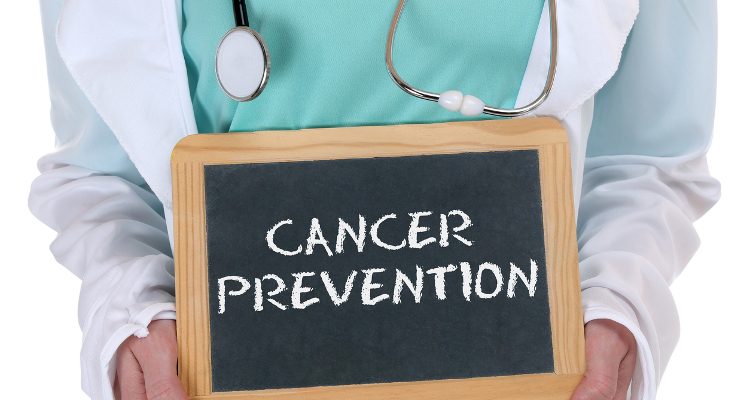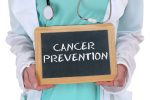
Do you ever wonder why certain populations of people have a higher incidence of cancer than others? Just like the global rates of heart disease and stroke can vary within a given population, so can the incidence of cancer. The study of how certain populations age and get sick over time in comparison to other populations is called epidemiology.
These studies can reveal a lot regarding why some people get sick—and why some don’t—and some of the possible ways you can avoid certain diseases, especially chronic diseases like cancer.
It has widely been reported that the intake of fruits and vegetables is associated with lower rates of cancer. Some of the most-studied foods in relation to cancer prevention include tea, wine, berries, and dark-colored vegetables.
These foods contain various types of chemicals that have been shown to decrease inflammation and fight free radical formation and tumor cell growth.
Dark-colored vegetables contain bioflavonoids, beta-carotene, and vitamin C, which have potent free radical scavenging properties.
One of the mechanisms for cancerous cellular growth is free radical insult, which can be continuously applied to normal cells. Over time, these cells can become cancerous due to the free radical damage inflicted on the cellular DNA. The intake of free radical scavenging nutrients can help prevent cancerous degeneration.
Another connection you should be aware of is the role of vitamin D and calcium intake, which can help prevent bowel and breast cancer.
Increased intake of vitamin D or increased exposure to the sun (but you should still put sunscreen on after the first 15 minutes in the sun, of course) has been associated with lower rates of some forms of cancer, including colorectal, breast, and prostate cancer.
Although the exact mechanism has not completely been established, the way in which vitamin D controls calcium metabolism may have a protective effect on cancer cell development.
But while it’s important to know which foods have been associated with lower risks of cancer, like the ones I just mentioned, it’s perhaps even more important to know which foods are associated with higher risks of cancer.
Foods high in nitrates, saturated fat, and trans fat and foods that have been cured, smoked, or cooked at very high temperatures have been shown to be responsible for cancer growth of various types of cell lines.
The increased intake of these foods has also been closely linked to the increased incidence of cancers of the upper digestive tract.
For the best results, make sure to follow these rules in your diet:
• Eat more fruits and vegetables and soy products
• Consume foods high in vitamin D
• Eat low fat dairy products
• Avoid prepackaged foods or fried foods
• Say no to trans fat
• Stay away from smoked meats and foods cooked at high temperatures
Sources:
Korkina, L.G., et al., “New molecular and cellular targets for chemoprevention and treatment of skin tumors by plant polyphenols: a critical review,” Curr Med Chem. 2013; 20(7): 852-68.
Christensen, K.Y., et al., “The risk of lung cancer related to dietary intake of flavonoids,” Nutr Cancer 2012; 64(7): 964-74.
Butalla, A.C., “Effects of a carrot juice intervention on plasma carotenoids, oxidative stress, and inflammation in overweight breast cancer survivors,” Nutr Cancer 2012; 64(2): 331-41.
Bauer, S.R., et al., “Plasma Vitamin D Levels, Menopause, and Risk of Breast Cancer: Dose-Response Meta-Analysis of Prospective Studies,” Medicine (Baltimore) April 25, 2013, published online ahead of print.
Stoll, F., et al., [Vitamin D and breast cancer: Is there a link?], Gynecol Obstet Fertil. April 2013; 41(4): 242-50.
van der Rhee, H., et al., “Is prevention of cancer by sun exposure more than just the effect of vitamin D? A systematic review of epidemiological studies,” Eur J Cancer April 2013; 49(6): 1,422-36.













